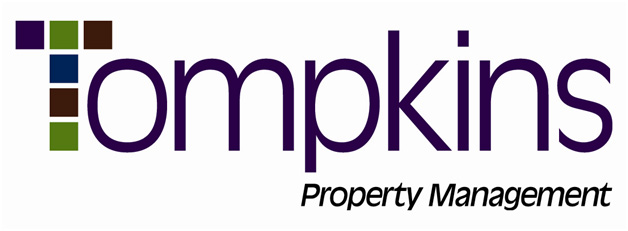 Exactly which credit score should you check?
Exactly which credit score should you check?
NEW YORK – Dec. 6, 2016 – Let’s keep it real, OK? When it comes to credit scores, numbers – namely, your three-digit score and the amount you have to pay to access it – are all that really matter.
In simpler terms, it doesn’t matter what type of credit score you get – whether FICO or Vantage, for instance – or where you get it, as long as the source is reputable and you receive maximum access for minimal cost. And if you don’t buy into that notion, here are four fundamental reasons why seeking out a certain type of score – or ever paying for one – is a fool’s errand.
1. You’re looking for a needle in a haystack.
There are more than 1,000 different types of credit scores currently in use, according to Experian, and each model produces a unique result depending on which of the three major credit bureaus is supplying the underlying information. In other words, you’re going to have a very hard time trying to identify the exact type of credit score a given lender will use to evaluate your application.
Further complicating matters, there’s no way to tell whether a given lender runs the numbers based on more than one bureau’s data. And even if you somehow learn that they do, good luck trying to determine whether they ultimately rely on an average, throw out extremes or otherwise process the information.
2. Lenders’ scores are off-limits.
So let’s assume that you’re somehow successful in finding that needle in the haystack. What are you going to do about the fact that most sophisticated lenders modify publicly available scores with their own in-house data, creating proprietary scores that consumers can’t access?
There’s really not much you can do.
3. Credit scores are highly correlated.
The whole idea behind checking a particular credit score is to get a better sense of whether you can get approved for a certain loan or line of credit and, if so, what terms you can expect. But that fundamental rationale is wrong.
Even if you manage to find the exact credit score that your lender uses, it won’t give you much of an advantage over other popular scores that are probably much easier (and cheaper) to get. That’s because there’s more than a 90 percent correlation between commonly available credit scores, according to the Consumer Financial Protection Bureau. In other words, most credit scores are similar enough to make searching for a certain type largely a waste of time.
4. Lenders take much more into account.
Credit scores aren’t the only data points that lenders consider. Most notably, these three-digit representations of financial responsibility don’t directly reflect income or all existing monetary obligations, which obviously contribute to the affordability of a new loan or line of credit.
As only one piece of a larger puzzle, credit scores merely provide a rough approximation of your approvability and the terms you can expect to be offered.
Finally, it’s worth noting that 44 percent of people haven’t checked any type of credit score, even once, in the past 12 months, according to the National Foundation for Credit Counseling. So are we really in a position to be all that picky? Credit scores require regular care to flourish, and providing this tender loving is easier than ever before, with all of the free-credit-score options now available.
So start paying some attention to your score, wherever you get it, and your wallet will begin to see the efforts pay off before long.
Odysseas Papadimitriou is CEO of the personal-finance website WalletHub, which offers free credit scores, full credit reports, 24/7 credit monitoring and customized money-saving advice.
Copyright © 2016, USATODAY.com, WalletHub, Odysseas Papadimitriou

